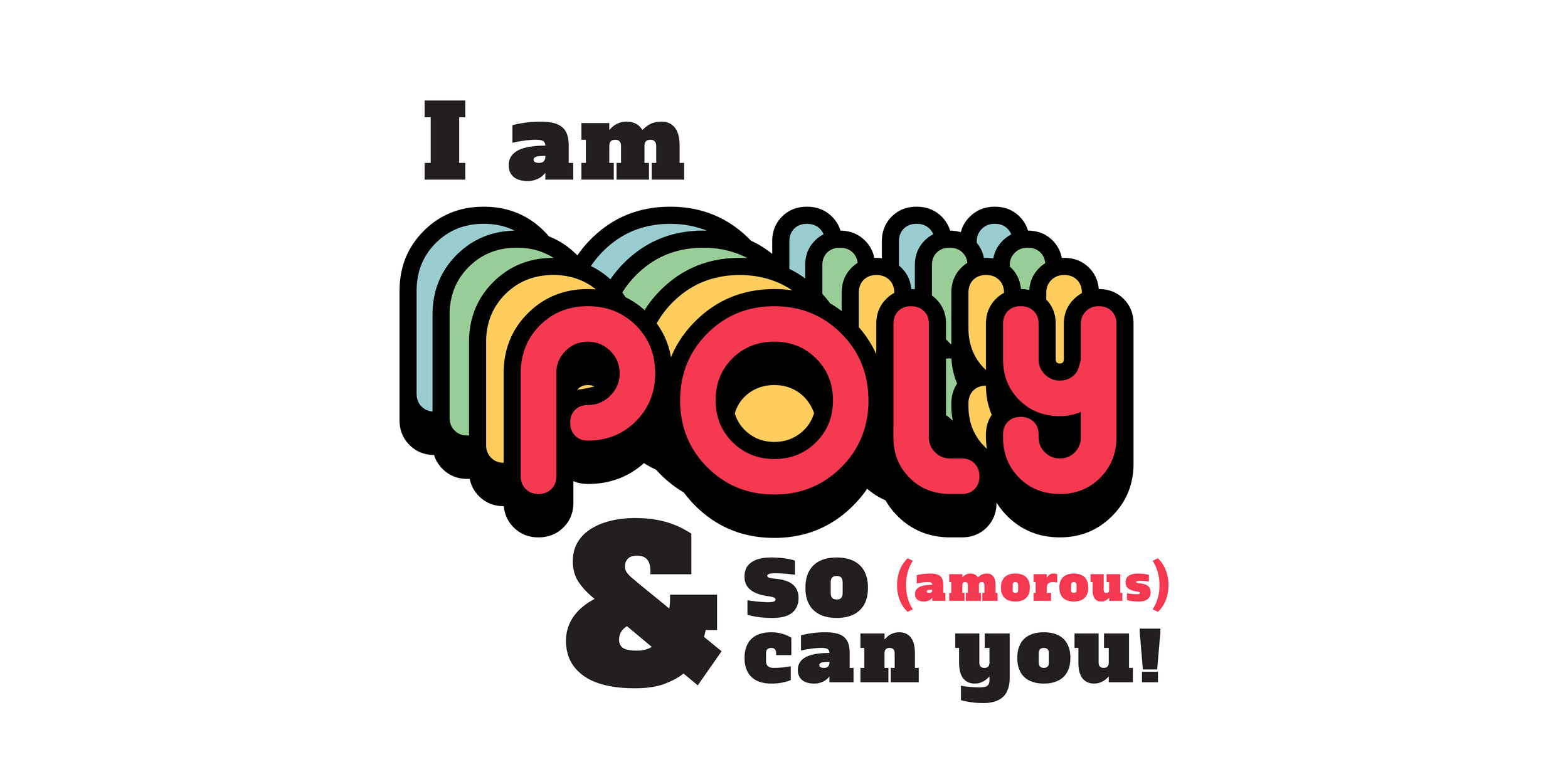Guest Columnists Michael Rios and Indigo Dawn share their best strategies for navigating a quickly accelerating open relationship!
My boyfriend of 3 years stated he was open at the beginning, but never acted on it. Just recently, he went from 0 to 60 by starting a relationship with our mutual good friend, A. He's in love with A, but A is not in love with him. I get in such a low mood every time he leaves to go spend the night with her. How do I go from fear/jealousy to compersion? I want this to work, why is it so hard for me? How can I make it easier?
A change like this would be challenging for anyone, because there was such a sudden and dramatic shift in your entire relationship landscape. While your partner may not have broken any agreements or understandings, the shift from having him all to yourself to sharing him with another partner is a big change. So I hope you don’t feel that there is anything wrong with your reactions. In any event, you can't fully control your *reactions*—you can only control your *behavior* in response to those reactions.
Jealousy is really a word we use to describe many different emotions that we are often afraid to look too closely at: anger, fear, self-doubt, insecurity, isolation, and more. The first step is to move past the word “jealousy”, and explore what the actual emotions are that you are experiencing.
Each of these emotions are triggered by events around you—but the cause of the emotions is inside you. So this kind of situation is actually an opportunity to get to know yourself better, and to heal wounds that generate these scary emotions.
It is also true that your partner’s behaviors will be what helps bring up these emotions. Sometimes the behaviors are appropriate and innocent. Other times, they may be inconsiderate. And in some cases, they can be dishonest.
As you identify the emotions involved, you will be able to work through some of them on your own. Other emotions may suggest specific requests that you can ask of your partner. For example, you could ask your partner for specific date nights; it can be reassuring when you have *something* you can count on, and you see your partner honoring those requests. Of course, the requests need to be reasonable, and you would negotiate them with your partner.
As with every other aspect of multi-partner relating, excellent communication skills are critical. As long as your partner stays in communication with you, takes your concerns seriously, and makes a significant effort to keep your relationship in balance, you should be able to find ways of being and interacting that work for both of you.
There are powerful tools and practices for dealing with jealousy. Spend time with A and nurture your relationship with them. It is much easier to feel secure when your partner’s partner is well-connected to you. It often happens that you will wind up supporting each others’ relationship with your mutual partner. When you develop a relationship that is cooperative instead of competitive, compersion becomes easy.
It can also make a difference if you are interested in developing other relationships as well. In general, it is much easier for women to find open relationship partners, so this could be a way for you to expand your horizons, and bring more love into your life. When both partners have other lovers, the situation becomes much more balanced, and the jealousy issues become much easier to deal with, since you will be experiencing both sides of the process.
There are also resources you can draw on. Perhaps the best book for this is Kathy Labriola’s “The Jealousy Workbook”. There are also polyamory conferences and retreats which usually have workshops on jealousy.
There are many modalities for learning to communicate better; Marshall Rosenberg’s Non-Violent Communication can be a good place to start.
The most powerful ways of learning about open relationships are multi-day polyamory camps, like Endless Poly Summer, August 16-21, which creates an open-relationship culture where you learn not just from sitting in a workshop, but from being in an entire culture of ethical non-monogamy.
Just keep in mind that this is all a manageable process, that many other people have navigated it successfully, and that handled properly, it will lead to more love, more joy, and more intimacy for all of you.
Michael Rios has been polyamorous from when he first started dating. He spent more than a decade as a counselor, and for the past 15 years he has organized polyamory and personal growth retreats.
Indigo Dawn (they/them) lives, loves, works, and plays in a community field of relationship freedom 24/7. They adore organizing and facilitating retreats that help people transform their lives and connect deeply with themselves and others.



